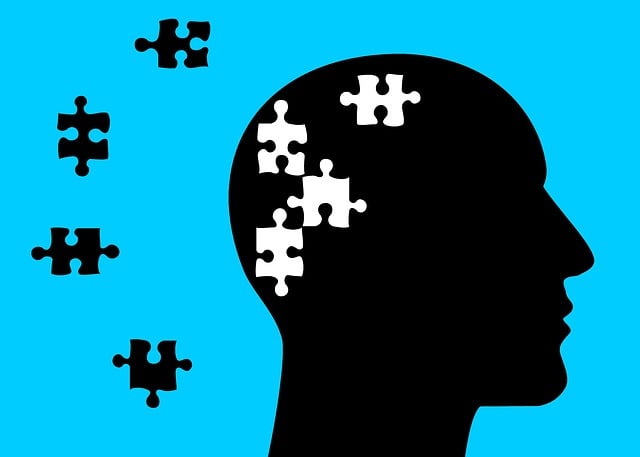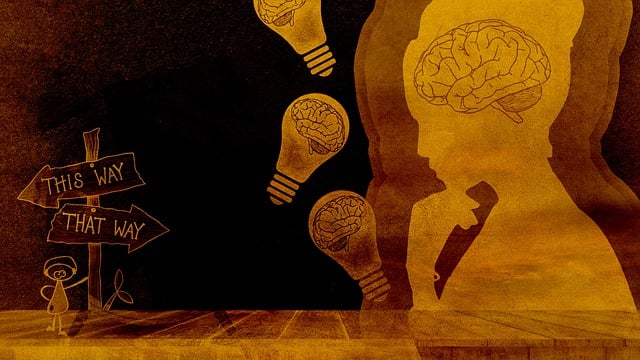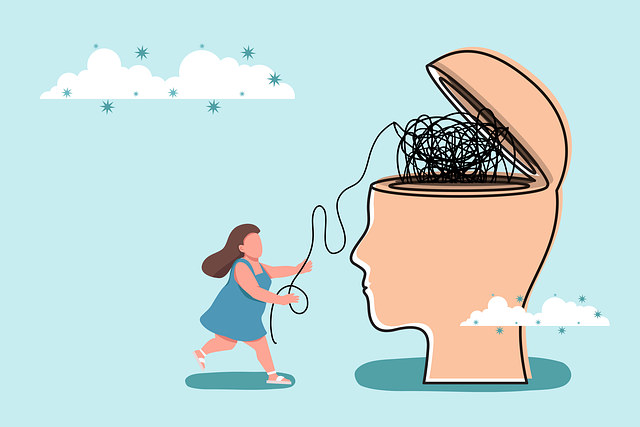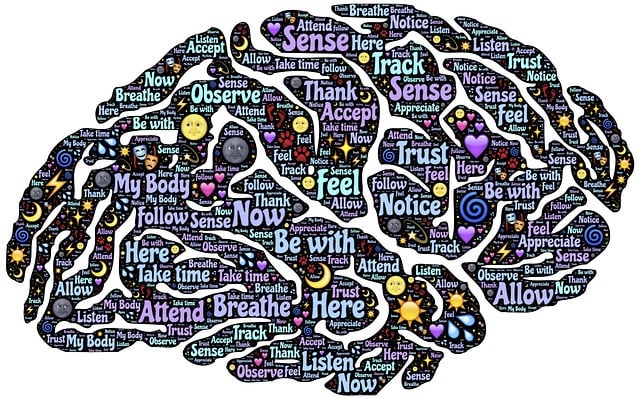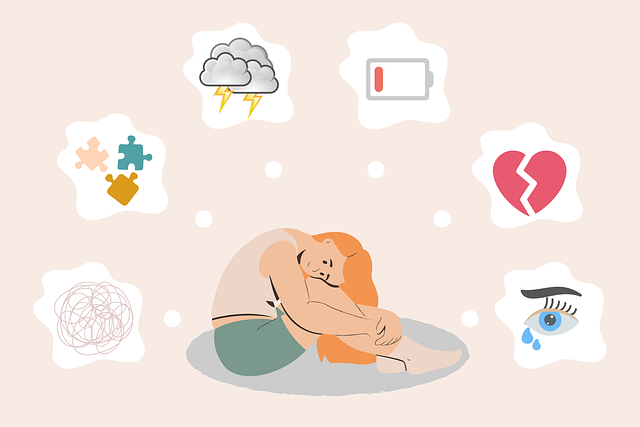Burnout among healthcare providers treating young adults with neuro disorders is a critical issue. It goes beyond job dissatisfaction, affecting emotional well-being and professional accomplishment. Cultural sensitivity in mental healthcare, including diverse-friendly environments and destigmatizing campaigns, can mitigate risks. Early identification of burnout through awareness training and recognizing behavioral changes is vital. Integrating emotional healing processes and compassionate cultivation practices into professional development reduces stress. Tailored therapy sessions for neuro disorders empower individuals to enhance coping mechanisms and overall mental health, fostering a dedicated and proactive environment.
Healthcare provider burnout is a growing concern, impacting quality of care and patient outcomes. This article explores strategies to prevent and address burnout among healthcare professionals, focusing on early identification and evidence-based practices. We delve into specific considerations for young adults with neuro disorders, highlighting the importance of therapy in managing stress and promoting resilience. By understanding burnout’s red flags and implementing effective prevention tactics, healthcare providers can enhance their well-being and deliver optimal care in this challenging field.
- Understanding Burnout Among Healthcare Providers
- Identifying Red Flags in Young Adult Patients with Neuro Disorders
- Evidence-Based Strategies for Prevention and Intervention
- The Role of Therapy in Combating Burnout: A Focus on Neurodisability Care
Understanding Burnout Among Healthcare Providers

Burnout among healthcare providers, particularly within specialized fields like therapy for young adults with neuro disorders, has become an increasingly pressing concern. This phenomenon extends beyond mere job dissatisfaction and encompasses emotional exhaustion, depersonalization, and a reduced sense of personal accomplishment. Healthcare professionals, often tasked with intense and emotionally demanding work, are at high risk of experiencing burnout if unsupported. Recognizing the signs and understanding the underlying factors contributing to this issue is crucial for developing effective prevention strategies.
Cultural sensitivity in mental healthcare practice plays a significant role in mitigating burnout risks. By fostering an environment that values diversity and understands the unique challenges faced by providers working with diverse patient populations, institutions can enhance job satisfaction. Public awareness campaigns development focused on destigmatizing mental health issues can also alleviate pressure on healthcare providers, encouraging a culture of support and understanding. Furthermore, integrating emotional healing processes into professional development programs empowers healthcare workers to manage stress, fostering resilience against burnout.
Identifying Red Flags in Young Adult Patients with Neuro Disorders

Identifying red flags early is crucial when addressing burnout among young adults with neuro disorders. Healthcare providers must be vigilant in recognizing signs of distress beyond the typical symptoms associated with their conditions, such as seizures or motor dysfunction. Mental health awareness training is essential to equip professionals with the skills to assess emotional and psychological well-being. This includes understanding changes in behavior, mood swings, increased anxiety, or social withdrawal, which could indicate rising burnout levels or underlying mental health issues.
By integrating cultural competency training into healthcare provider education programs, professionals can learn to tailor their approaches for diverse patient populations. Mental health education programs design should focus on developing cultural sensitivity and an awareness of the impact of systemic barriers. This enables providers to create safe spaces for young adults with neuro disorders, fostering open conversations about stress management, coping mechanisms, and accessing appropriate therapy for young adults neuro disorders.
Evidence-Based Strategies for Prevention and Intervention

Preventing burnout among healthcare providers is a critical aspect of maintaining high-quality patient care and ensuring well-being within the medical community. Evidence-based strategies play a pivotal role in combating this growing concern, particularly as young adults navigate demanding careers in neurodisorder therapy. Implementing compassionate cultivation practices has emerged as an effective tool to enhance resilience and reduce stress among healthcare professionals. These practices focus on fostering self-compassion, mindfulness, and emotional awareness, which are essential for managing the intense emotions often experienced in patient care settings.
Mental health awareness programs that include communication strategies have also proven beneficial. Open dialogue and support systems encourage providers to share their experiences, challenges, and concerns, creating a sense of belonging and reducing feelings of isolation. By integrating these evidence-based approaches, healthcare institutions can create a culture that prioritizes well-being, ultimately leading to improved patient outcomes and enhanced job satisfaction for young adults working in neurodisorder therapy.
The Role of Therapy in Combating Burnout: A Focus on Neurodisability Care

Burnout among healthcare providers, particularly those in neurodisability care, is a growing concern that necessitates a multifaceted approach to prevention. Therapy plays a pivotal role in combating burnout, offering not just crisis intervention guidance but also essential tools for emotional well-being promotion techniques. By integrating evidence-based practices tailored to the unique challenges faced by young adults with neuro disorders, therapists can empower individuals to cultivate positive thinking and resilience.
This proactive strategy goes beyond managing symptoms; it aims to strengthen coping mechanisms and enhance overall mental health. Through personalized therapy sessions, healthcare providers can learn effective stress management techniques, improve boundaries, and develop healthier ways of processing challenging patient interactions. Fostering an environment that encourages open dialogue about burnout and promotes self-care is crucial for preventing and mitigating its effects on those dedicated to neurodisability care.
Healthcare provider burnout is a pressing issue, particularly within neurodisability care. By understanding the signs and implementing evidence-based strategies, such as therapy tailored for young adults with neuro disorders, we can create sustainable solutions to combat burnout. These approaches not only enhance the well-being of healthcare providers but also improve patient outcomes in a bustling, demanding landscape.


